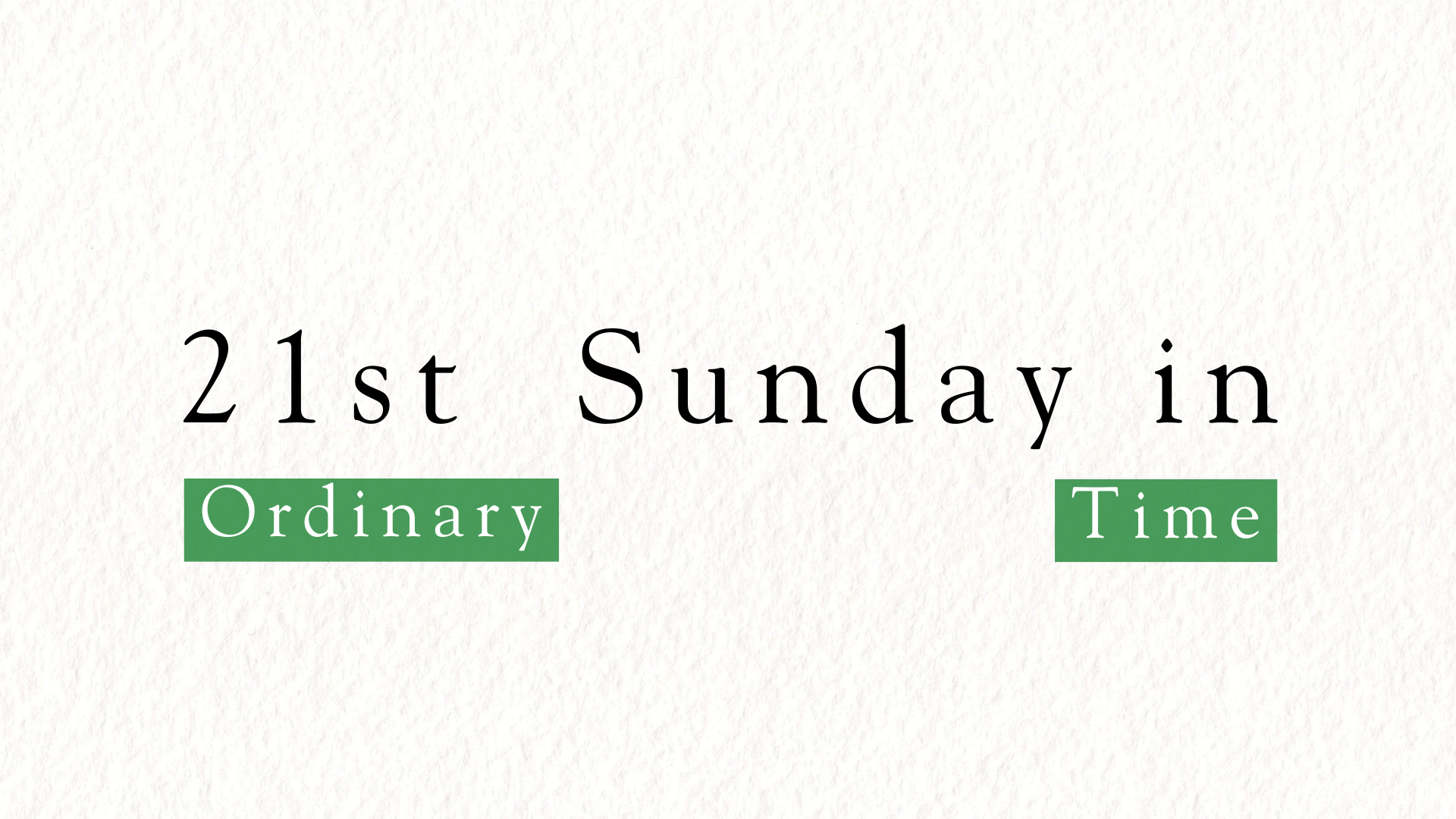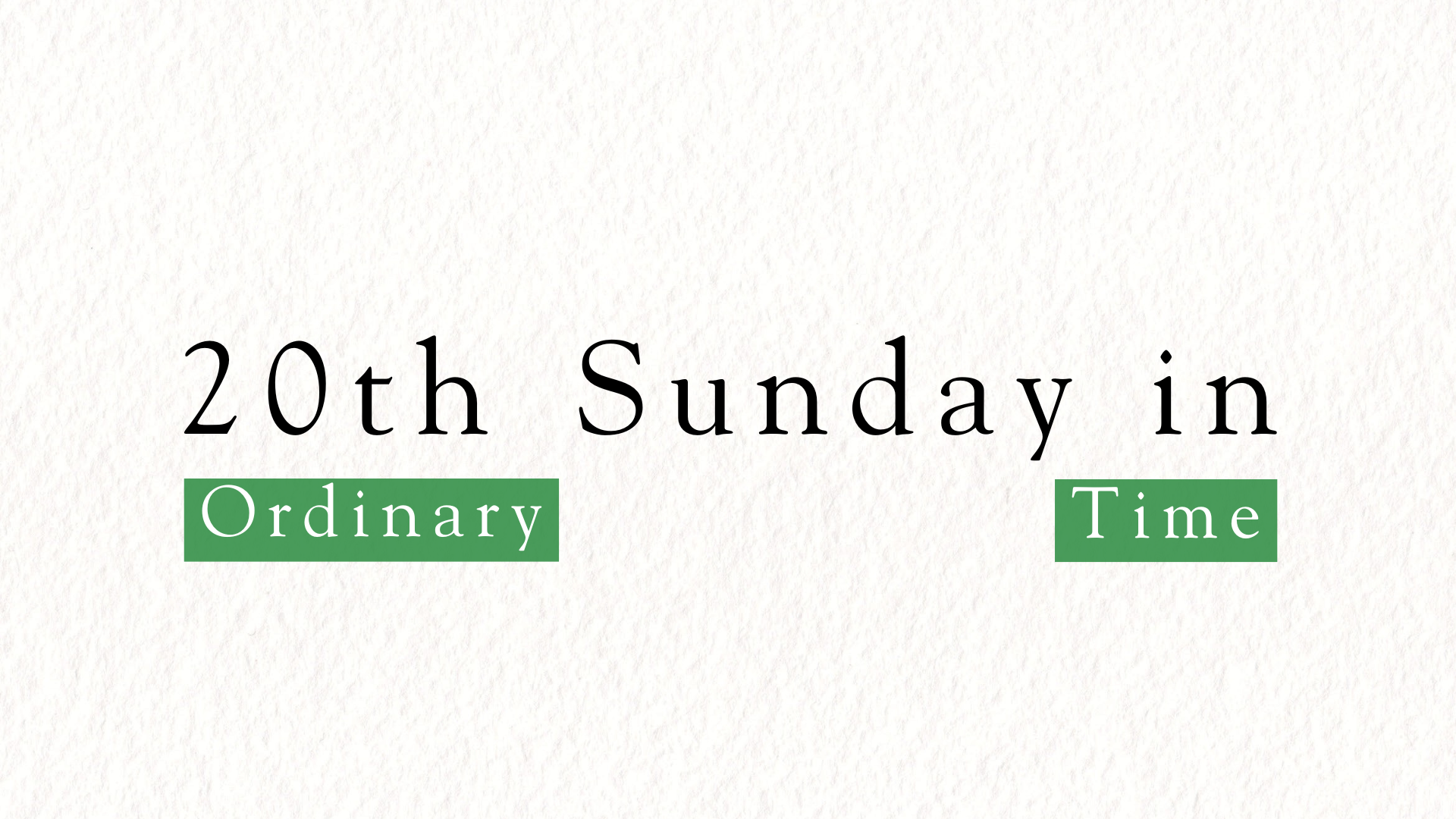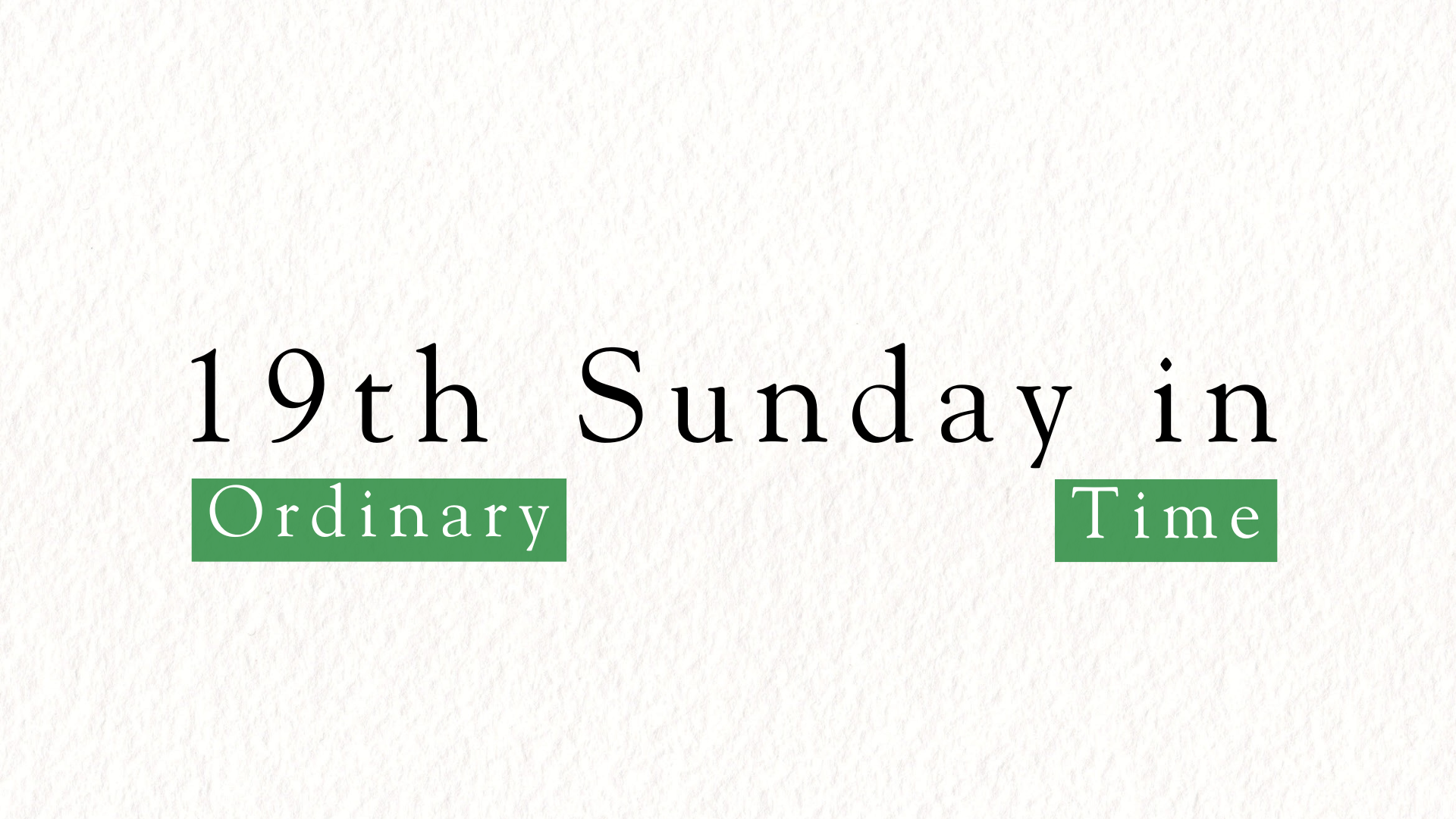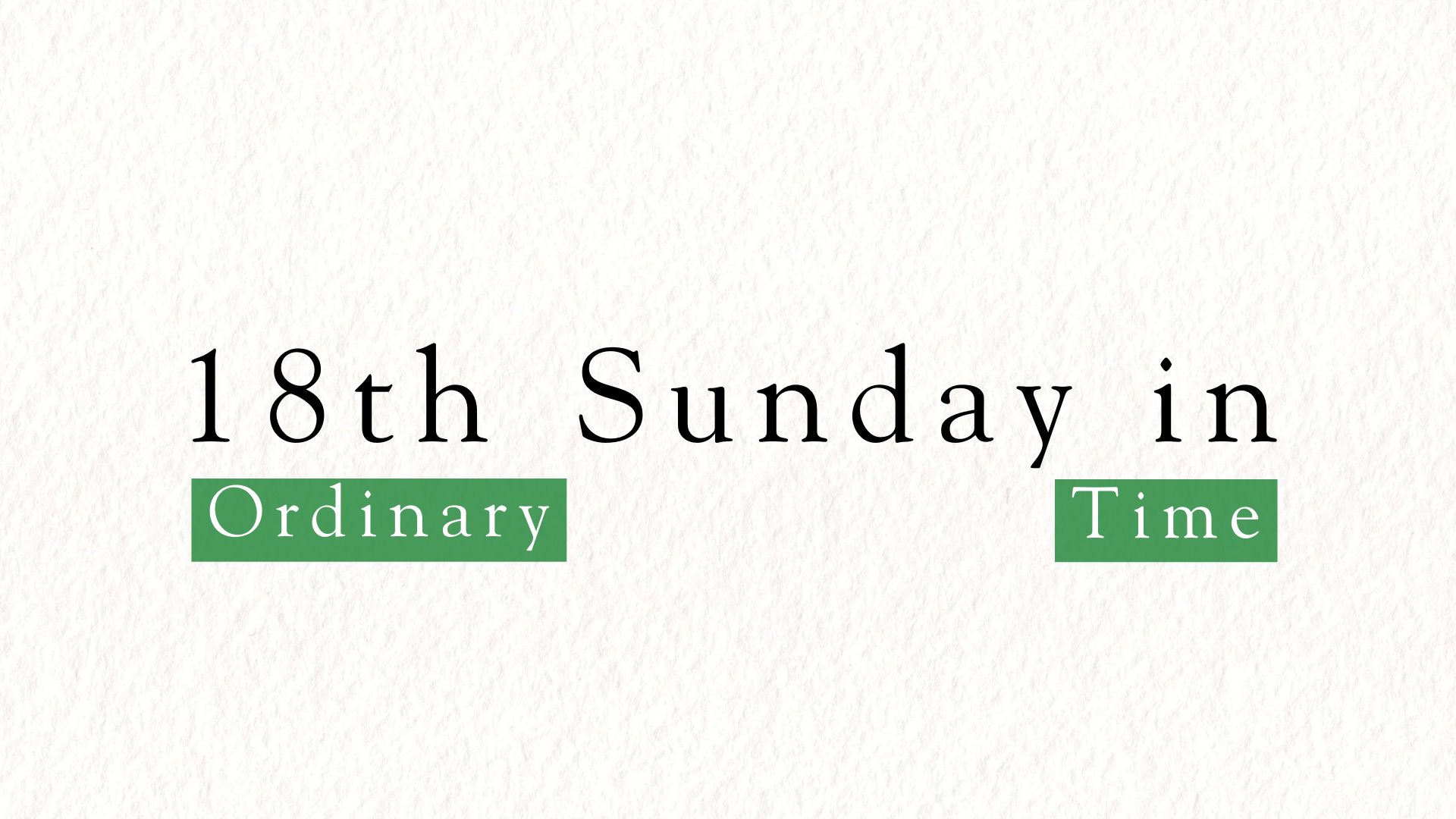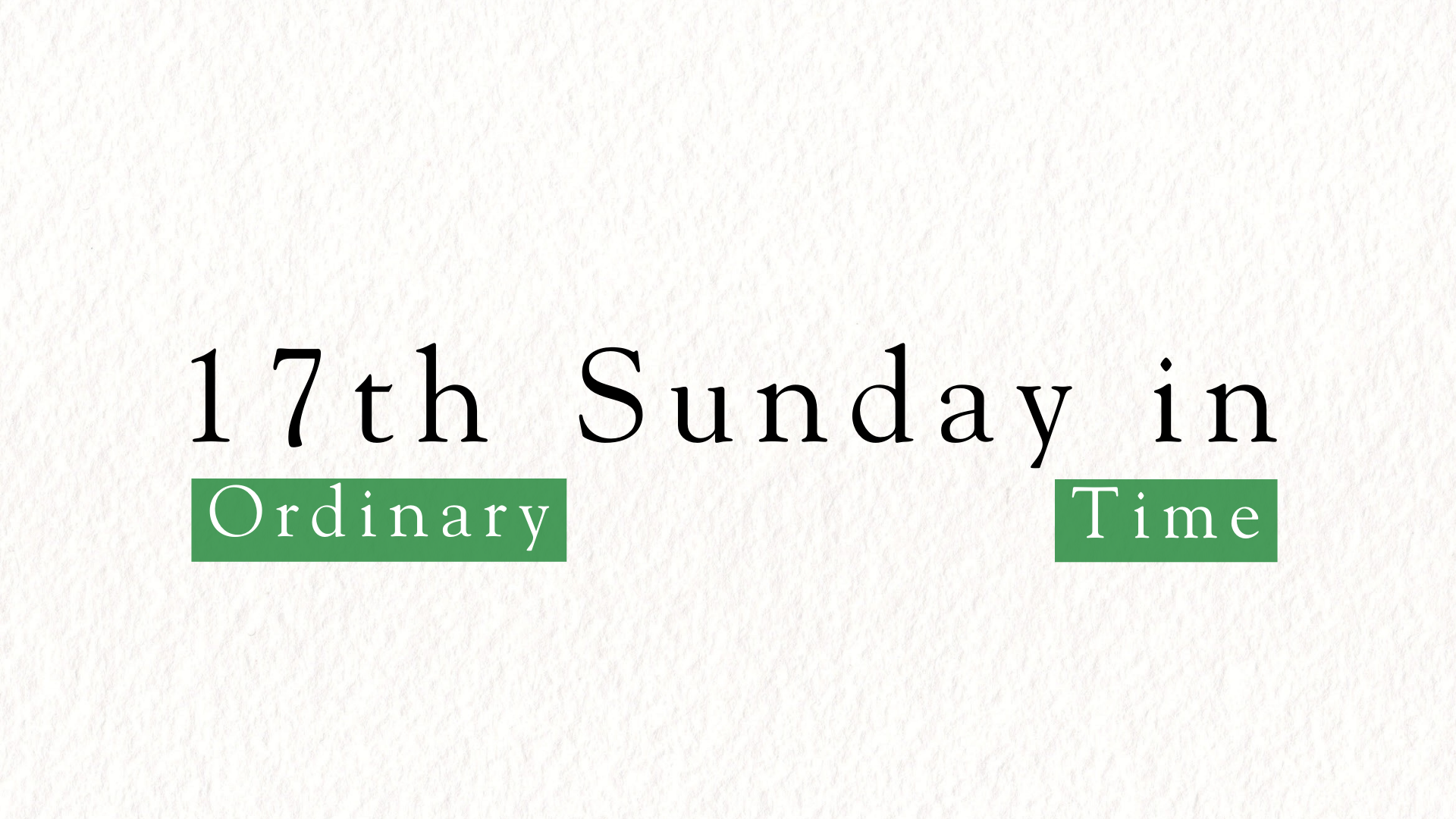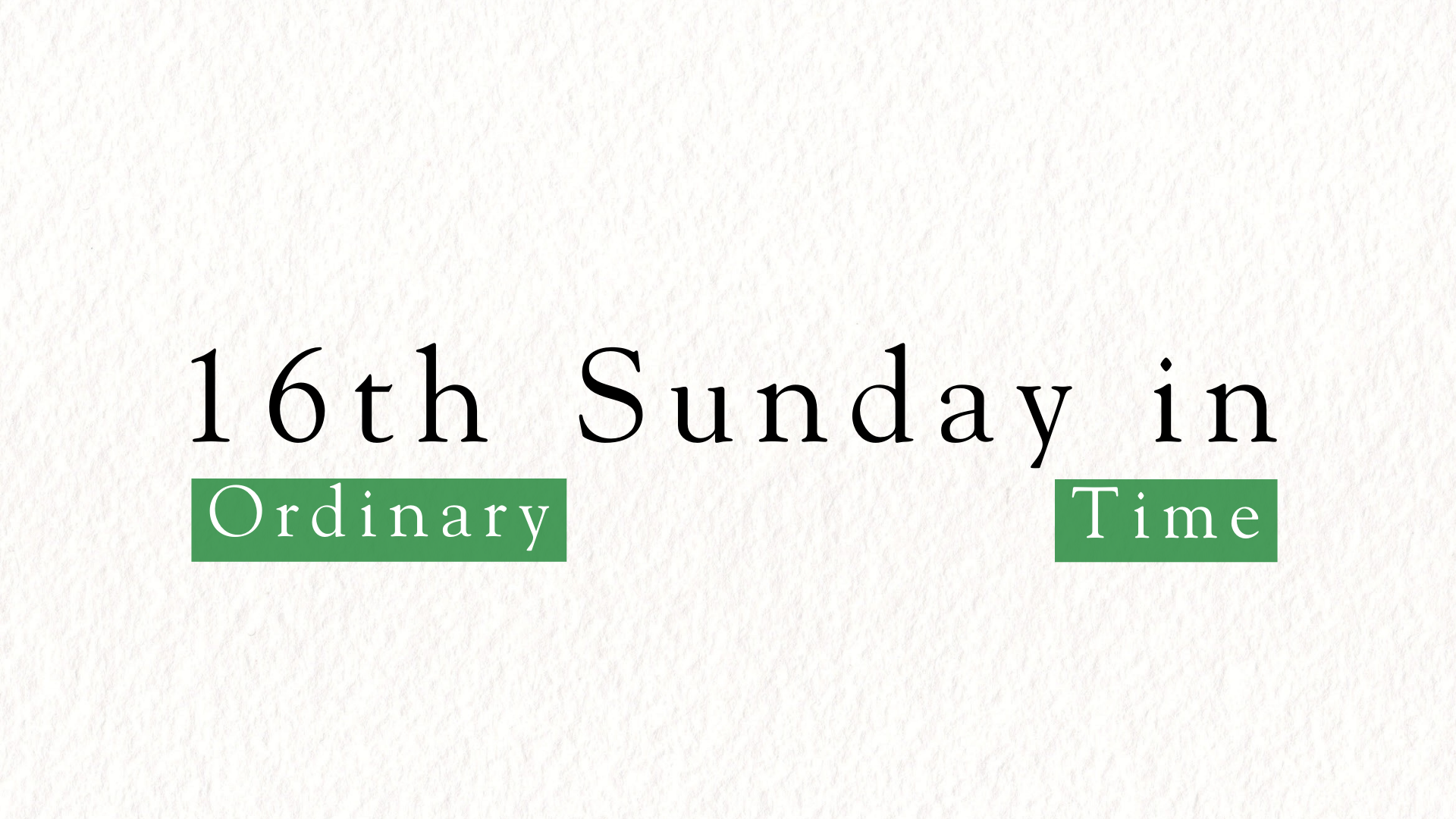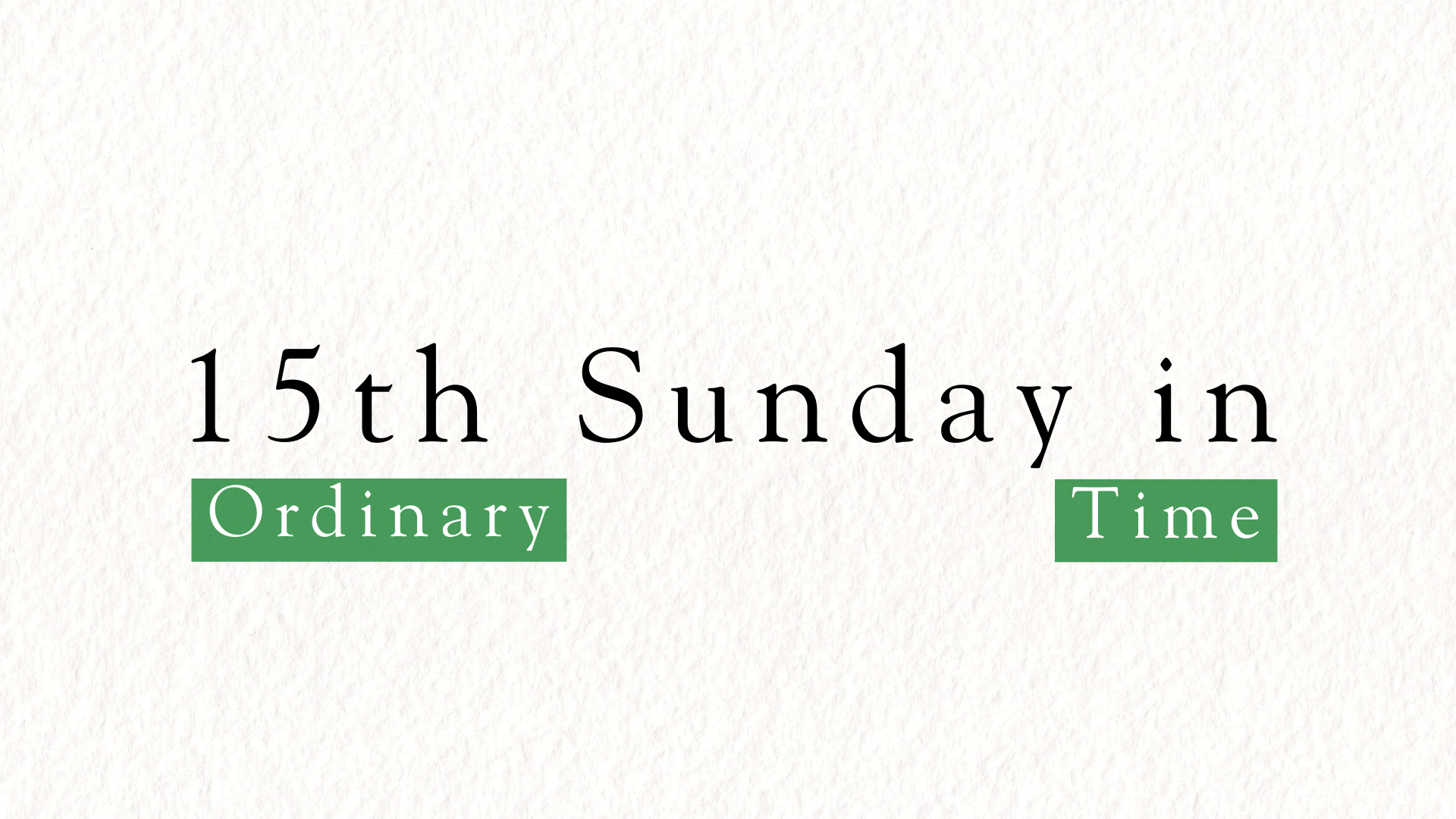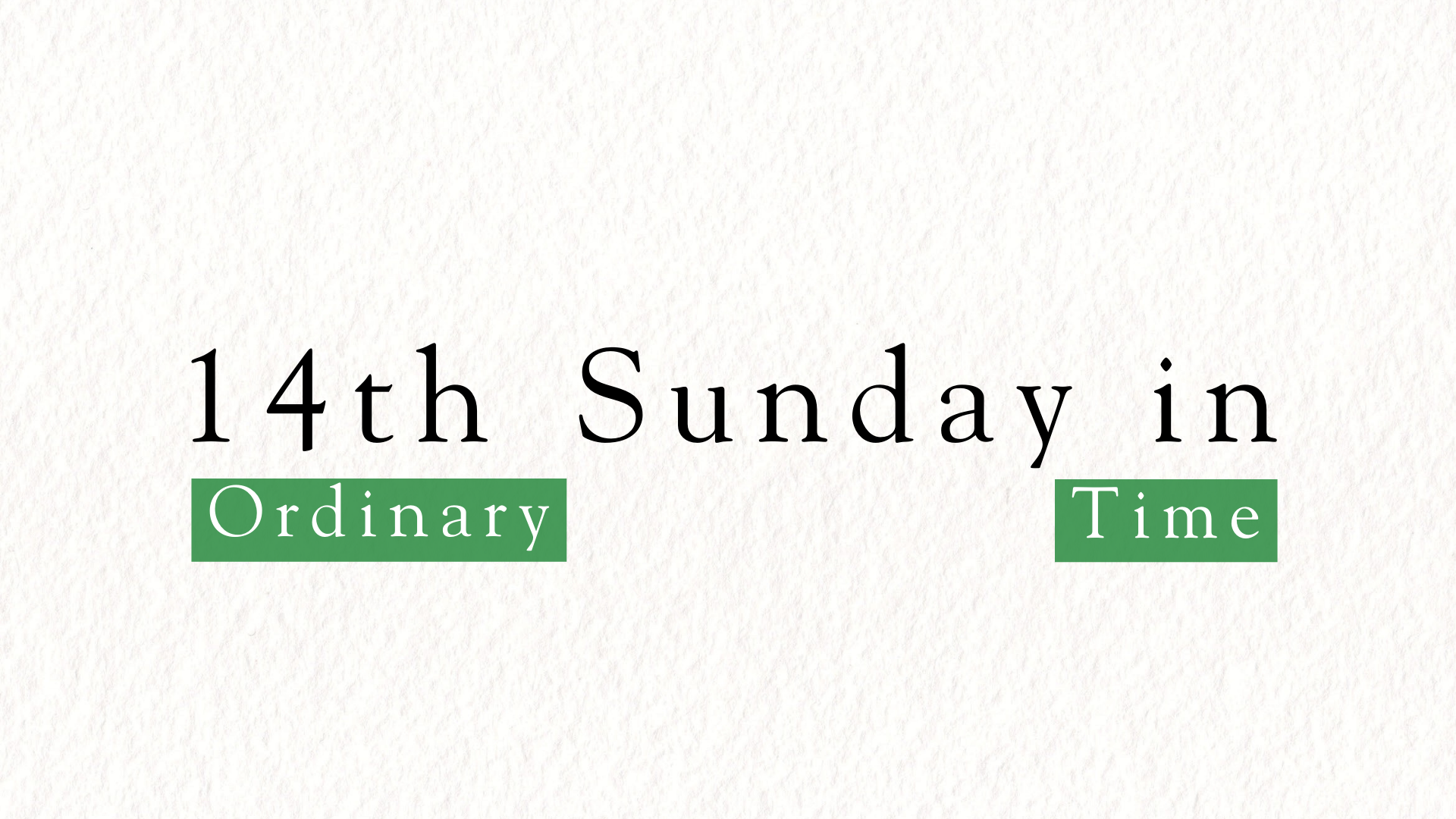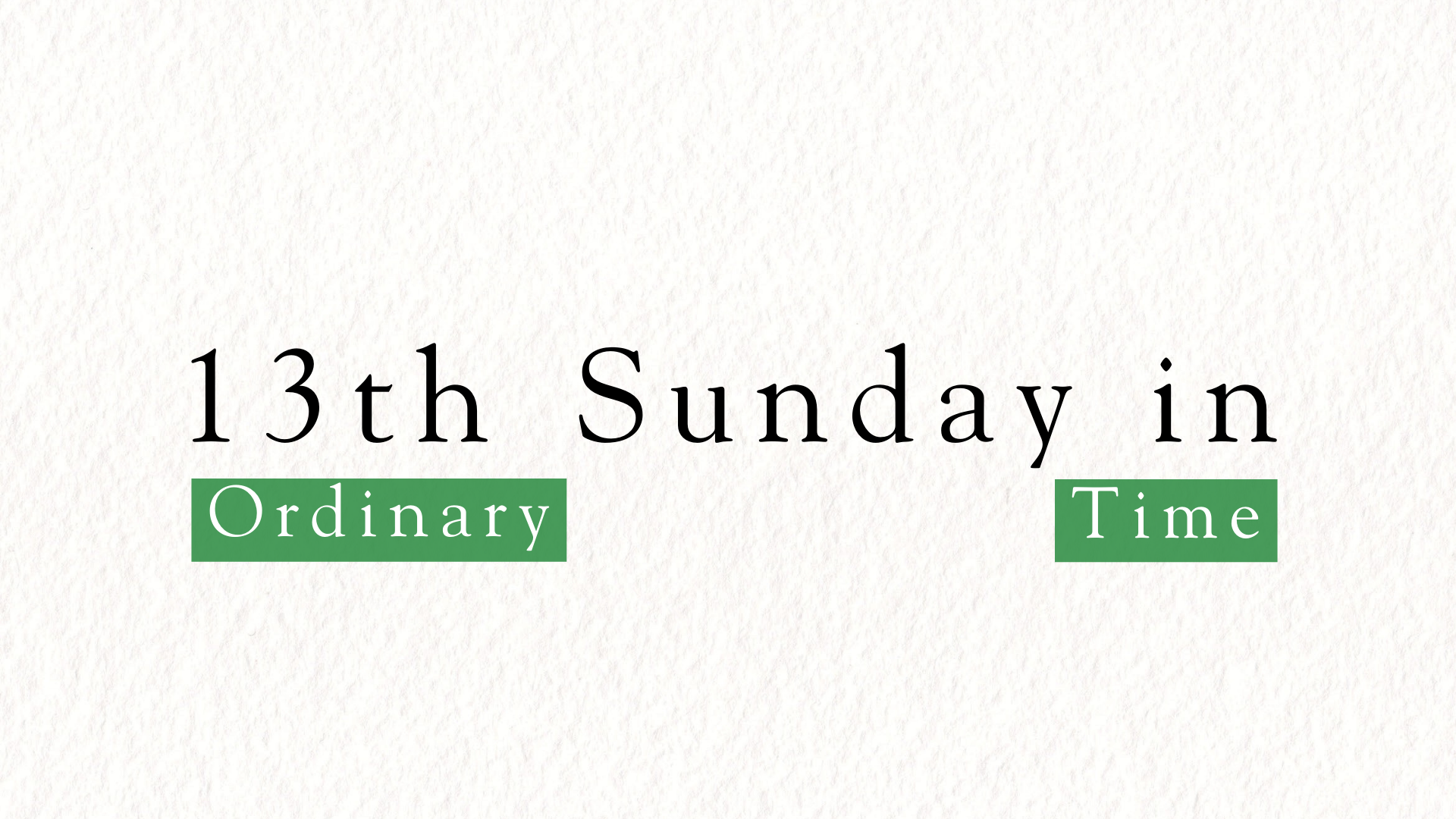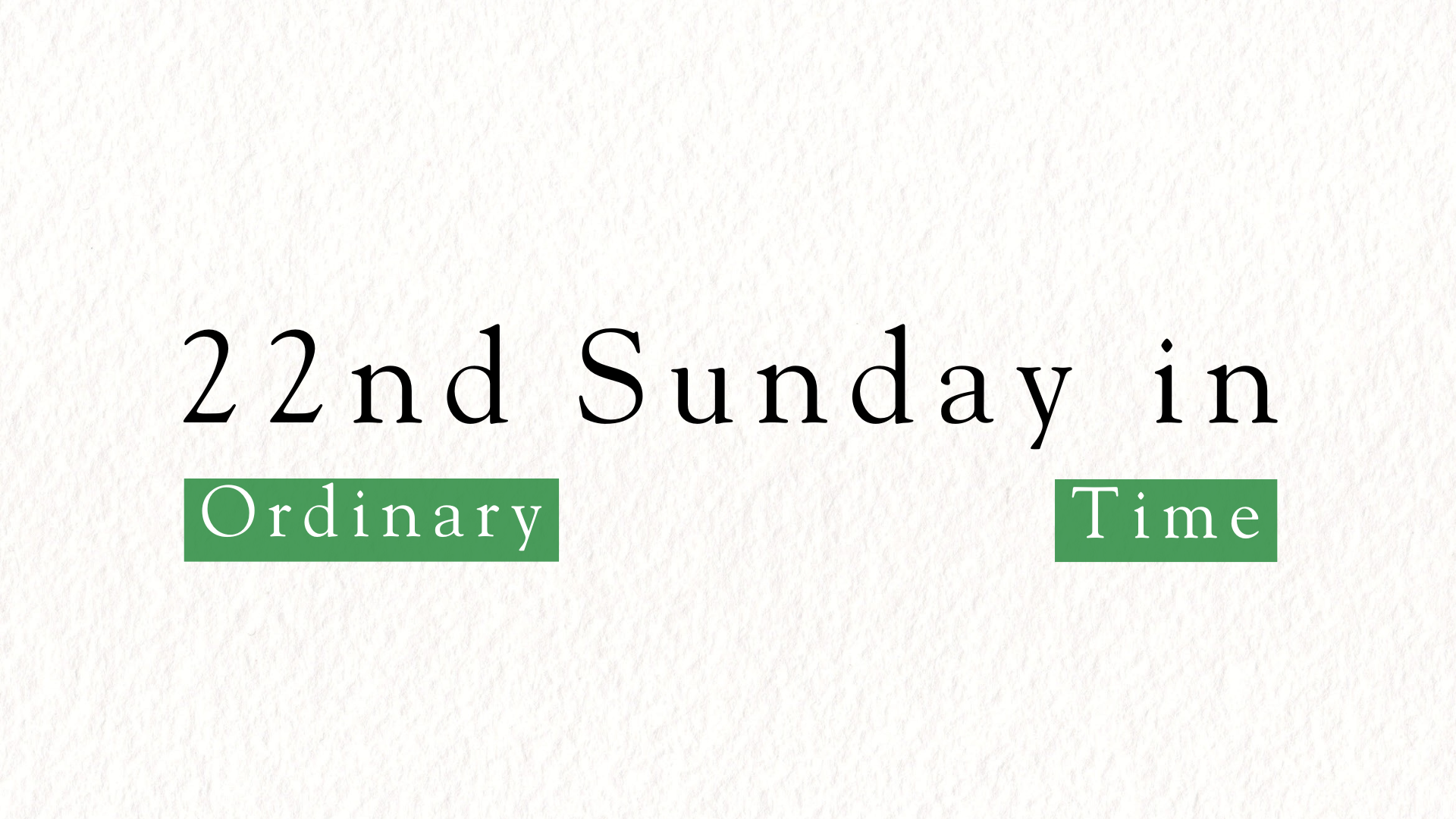
Mark 7:15
Hear me, all of you, and understand. Nothing that enters one from outside can defile that person; but the things that come out from within are what defile.
Readings for Sunday: Deuteronomy, James, Mark
Reflection:
This Sunday, Jesus challenges us, saying that what defiles us comes from within, from our heart: “From within people, from their hearts, come evil thoughts, unchastity, theft, murder, adultery, greed, malice, deceit, licentiousness, envy, blasphemy, arrogance, folly. All these evils come from within and they defile.” This can be especially challenging as our culture today celebrates unchastity, greed, blasphemy and arrogance.
It helpful to know that in first century Jewish anthropology, a human thinks with his heart and feels with his guts. The concept of thinking with your brain and feeling with your heart is more of a Greek concept. In a way, the Jewish understanding makes sense: the heart is the center of the person, and if you are upset or having other strong emotions, you will feel it in your digestive track.
Jesus is challenging the way we think. To what or to whom are we conforming our minds? Jesus or the prevailing culture?
It has been several decades since the sexual revolution in the 1960s: are people in our culture any happier because of it? If so, why are so many people on antidepressants and antianxiety meds? (It is a good thing to get help for depression and anxiety, but we should ask: what is going in our society that so many are prescribed these medications?) Despite our challenging economy, we are still the richest society in history: yet are we any more satisfied and content? Church attendance is so much lower now than the 1960s and we celebrate the pagan, the occult and the superstitious. Are we better off for it, or worse?
As St. Paul wrote in Romans 12:2, “Do not conform yourselves to this age but be transformed by the renewal of your mind, that you may discern what is the will of God, what is good and pleasing and perfect.”
Reflection Questions
- Do I carefully choose what video, TV or movies I watch? Do I choose things that conform my mind to Christ, or do I choose thinks that conform my mind to the secular world?
- What presumptions do I have about my life and the world that are not actually in line with God’s thinking? Do I presume that God thinks like I do?
- If I think there is something wrong with the world, what is it? Is it merely politics or economics, or can I see that society’s alienation from God brings its own problems?

